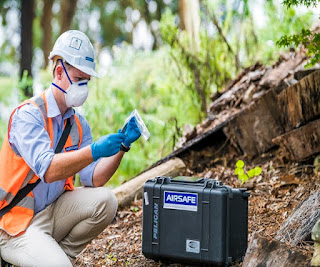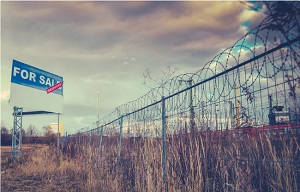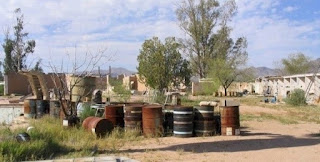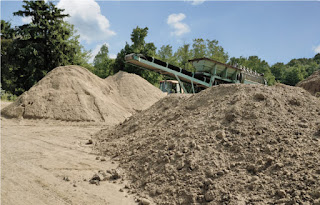There are so many sites which have been
contaminated and these sites are not permitted for further usages. The ground
water, air and soil present at these sites are contaminated and this is what
also taking the contamination to the next level as it is spreading to other
lands adjacently located to the prime contaminated sites. One of the prime
reasons behind land contamination is the presence of asbestos. This is such a
material that so many industries used these days to make different kinds of
products. Asbestos like material can be easily traced in the products which are
frequently used at the construction sites. When asbestos is there in the soil
or its particles are present in the air, they can really create wide range of
health hazards for the human being, for the other animals and even for the
environment. Especially the workers who are going to work over there can suffer
from breathing related issues. This can also lead the way for lungs cancer.
·
Proper site investigation can lead you
in right direction
Asbestos is not at all good for the
humans. Breathing asbestos can lead for a wide range of health hazards. Through
preliminary site investigation NSW,
the Council will try to find out the actual source of contamination. During
this phase of site investigation, they are going to figure out what sort of
contamination is there and since when it’s there. They will also figure out for
which purpose that site was used in the past. While doing this, they will also
make contamination assessment about the adjacent sites.
 |
| Phase 2 Contamination Report Sydney |
·
It’s a very vital report
Phase 2 contamination report Sydney
is done in order to collect the details which are needed to figure out the risk
assessment. This brings you at a position from where you can make correct
assessment about the contamination presence in that land. Please visit - https://sydneyenvironmental.com.au/services/
to know more about these services.














